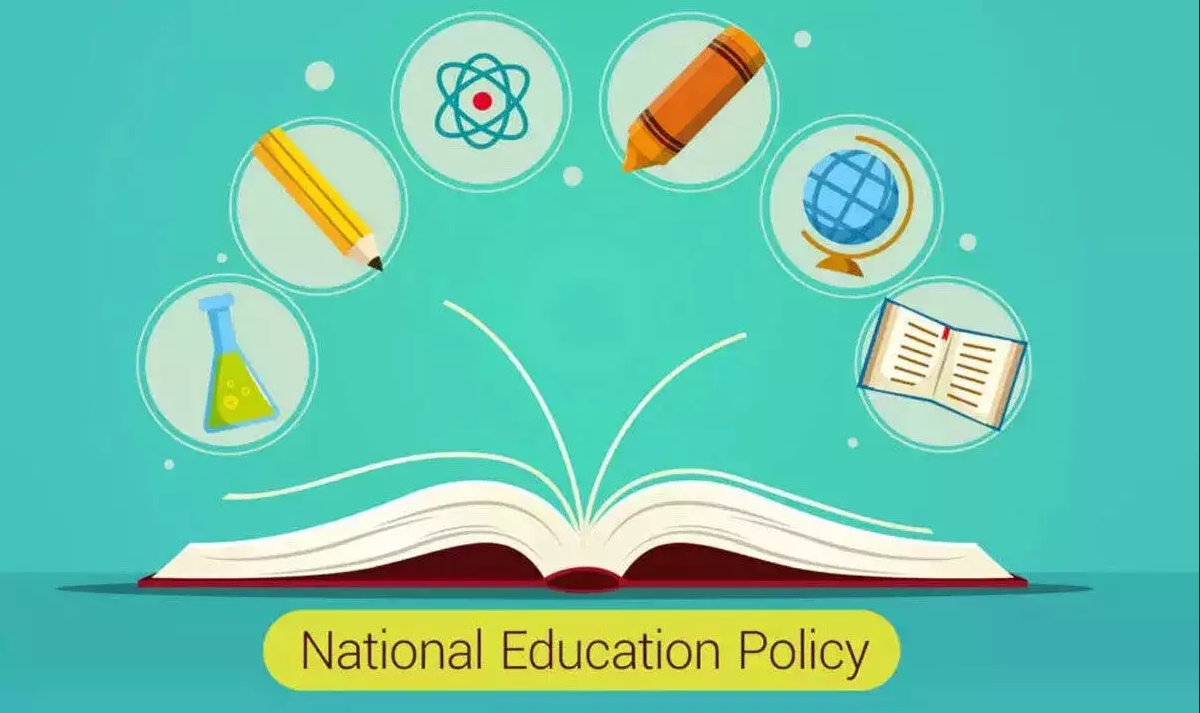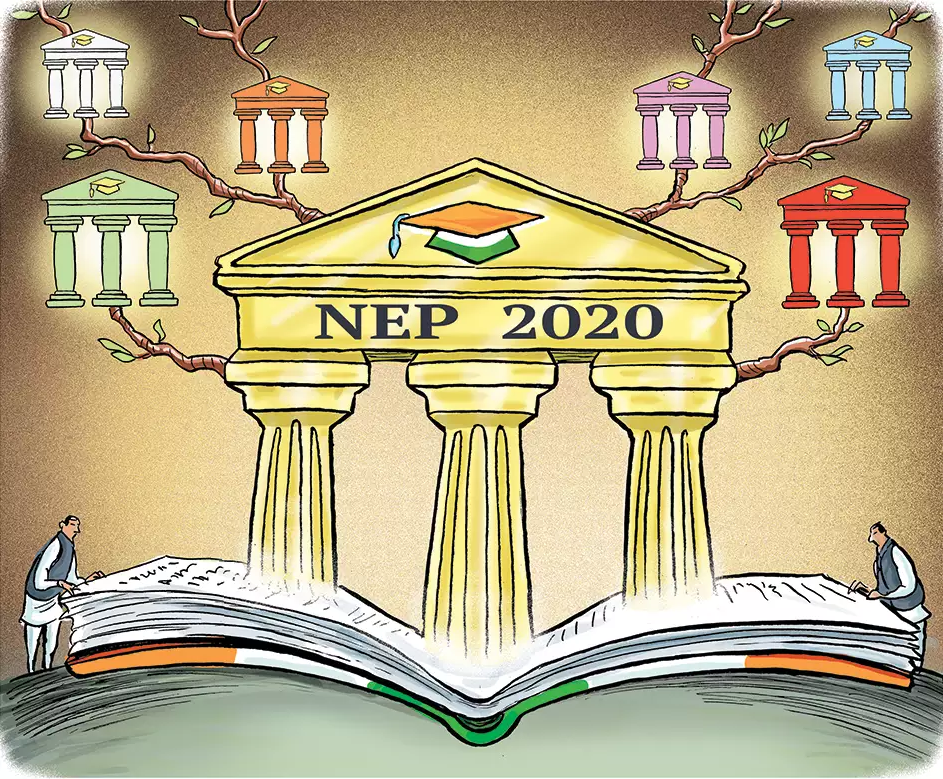
National Education Policy: A Comprehensive Overview of Transforming Education
- by Editone International
- Posted on November 24, 2023
National Education Policy: In July 2020, India witnessed a historic moment with the unveiling of the National Education Policy (NEP) after a gap of over three decades. Aimed at ushering in a paradigm shift in the country’s education system, the NEP addresses the challenges of the 21st century and outlines a visionary roadmap for holistic and transformative learning. This article provides a comprehensive overview of the National Education Policy, exploring its key pillars and the potential impact on the educational landscape of India.
Foundations of Change:
The NEP represents a significant departure from the traditional framework, focusing on foundational changes to bring about a more inclusive, flexible, and contemporary education system. With the vision to equip students with skills for the future, the policy emphasizes learning over rote memorization, critical thinking over fact recall, and practical application over theoretical knowledge.

Early Childhood Education:
Recognizing the importance of early childhood education, the NEP places a strong emphasis on the foundational years. The policy envisions a flexible and multidisciplinary approach to learning in the early stages, emphasizing play-based and activity-based learning methodologies. By nurturing creativity and curiosity from the beginning, the NEP aims to lay a robust foundation for lifelong learning.
Holistic Education and Skill Development:
The NEP underscores the need for a holistic education that goes beyond academic achievements. It integrates co-curricular activities, sports, arts, and vocational training into the mainstream curriculum. The emphasis on skill development is particularly noteworthy, with a focus on imparting 21st-century skills such as critical thinking, problem-solving, communication, and collaboration.
Flexible and Multidisciplinary Learning:
Departing from the conventional silos of subjects, the NEP promotes a more flexible and multidisciplinary approach to learning. Students are encouraged to choose subjects across streams, breaking down the artificial barriers between arts, science, and commerce. This integration reflects real-world scenarios, preparing students for the dynamic and interconnected nature of modern professions.
Language Policy:
The NEP introduces a flexible language policy that aims to promote multilingualism and preserve linguistic diversity. While emphasizing the importance of proficiency in the mother tongue or regional language, the policy also recognizes the need for proficiency in English and other languages. This approach aims to create a balanced and inclusive linguistic environment, fostering effective communication skills.
Technology Integration:
Acknowledging the role of technology in education, the NEP advocates for the integration of digital tools and resources. The policy envisions the creation of an online repository of resources, the development of digital content, and the use of technology for personalized learning. This integration aims to enhance accessibility, engagement, and the overall effectiveness of the learning experience.
Teacher Training and Professional Development:
The NEP places a strong emphasis on the continuous professional development of teachers. It recognizes the pivotal role teachers play in shaping the education landscape and calls for robust training programs to equip educators with the skills and knowledge required to implement the new pedagogical approaches effectively.
Assessment Reforms:
Departing from the traditional examination-centric approach, the NEP proposes a shift towards a more competency-based and continuous evaluation system. The policy advocates for the use of formative assessments, allowing for a more nuanced understanding of a student’s progress and capabilities. This approach aims to reduce the emphasis on rote memorization and foster a deeper understanding of concepts.
Conclusion:
The National Education Policy stands as a visionary document that envisions a transformational journey for the education system in India. By addressing the evolving needs of learners, embracing flexibility and inclusivity, and prioritizing holistic development, the NEP aims to create an education system that prepares students not just for exams but for the challenges and opportunities of the 21st century. As India takes significant strides towards implementing the policy, the impact on the educational landscape is expected to be profound, setting the stage for a more vibrant, relevant, and inclusive educational ecosystem.
https://www.youtube.com/@editoneinternationalpvtltd3570
National Education Policy: In July 2020, India witnessed a historic moment with the unveiling of the National Education Policy (NEP) after a gap of over three decades. Aimed at ushering in a paradigm shift in the country’s education system, the NEP addresses the challenges of the 21st century and outlines a visionary roadmap for holistic…
